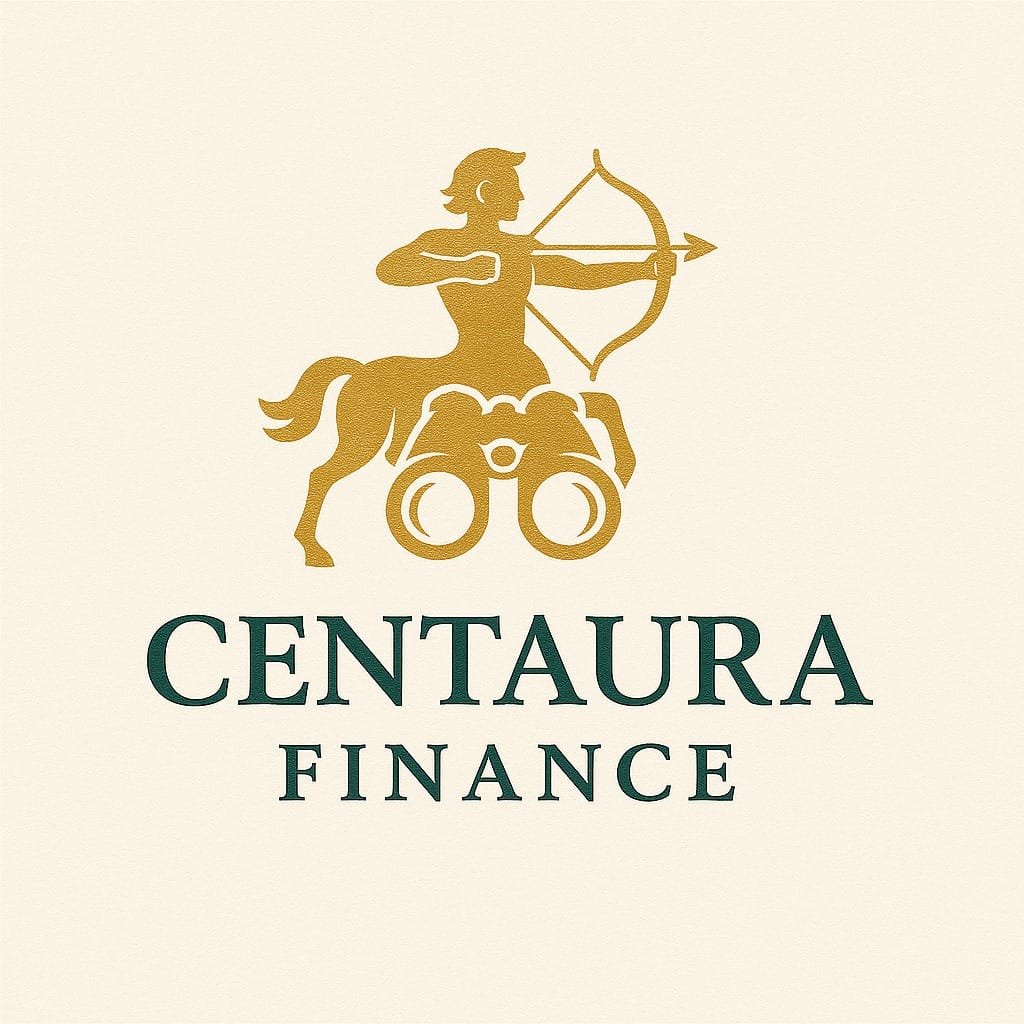Imagine walking into a bank and waiting in line for 20 minutes to transfer money. Now imagine tapping your phone and finishing the same task in less than 10 seconds without ever speaking to a teller. That’s the kind of change fintech startups are bringing in 2025.
In the U.S. and around the world, financial technology (fintech) companies are challenging how we think about money, savings, lending, and banking.
These startups aren’t just offering new apps; they’re redefining what a bank can be.
Here’s a look at the top fintech startups disrupting traditional banks in 2025 and what makes them so powerful.
What Does It Mean to “Disrupt” Traditional Banks?
Disrupting doesn’t mean shutting banks down overnight. It means offering smarter, faster, cheaper, or more accessible alternatives.
Think:
No monthly fees
AI-powered savings tools
Instant money transfers
Credit with no credit history
Banking for people, banks often ignore
Traditional banks are often slow to change. Fintech startups move fast, experiment, and build for mobile-first users. That’s why many are grabbing millions of users and billions in funding.
Why the U.S. Fintech Market Is Exploding in 2025
Digital-first Generation: Younger Americans prefer apps over physical branches.
Underbanked Communities: Fintechs are helping gig workers, immigrants, and small business owners who struggle with traditional requirements.
Open banking & APIs: Fintechs now have more access to banking infrastructure, speeding up innovation.
Rising Costs at Big Banks: As bank fees grow, users look for better alternatives.
Top Fintech Startups to Watch in 2025 (U.S. & Global)
Here’s a breakdown of fintechs that are gaining ground in 2025 and how they’re disrupting the old-school way of banking.
1. Chime – Banking Made Simple
Founded: 2013
Based in: San Francisco
Focus: No-fee banking and financial wellness
Why it’s disruptive:
Chime offers fee-free checking accounts, automatic savings, and early paycheck access—features that traditional banks often tie to hidden fees or account minimums. In 2025, they’re adding AI-based budgeting tools and pushing harder into credit-building services.
2. Brex – The Business Card Built for Startups
Founded: 2017
Based in: San Francisco
Focus: Corporate cards and finance for startups
Why it matters:
Instead of making small businesses jump through hoops, Brex offers instant approval, credit based on revenue, and tools that integrate directly into accounting software. It’s like a CFO in your pocket—especially for growing U.S. startups.
3. SoFi – Student Loans to Super App
Founded: 2011
Based in: California
Focus: All-in-one personal finance
Why it’s rising:
SoFi started with student loans but has now grown into an all-in-one platform for banking, investing, credit cards, and financial planning. Their clean design and member perks make it easier for people to build wealth on their own terms.
4. Plaid – The Fintech Connector
Founded: 2013
Based in: San Francisco
Focus: Infrastructure for other fintechs
Not a bank, but crucial:
Plaid connects your bank account to fintech apps like Venmo or Robinhood. In 2025, they’re powering most fintech ecosystems behind the scenes, making them a silent disruptor.
5. Current – Banking for the Gig Economy
Founded: 2015
Based in: New York
Focus: Mobile banking for modern workers
Why it’s big:
Current offers faster direct deposits, instant cash advances, and no overdraft fees—key features for gig workers and part-time employees. As more Americans work flexible jobs, Current’s model fits how they get paid.
6. Step – Teen Banking for a Digital Generation
Founded: 2018
Based in: California
Focus: Banking and credit-building for teens
Why it’s changing the game:
Step teaches young users how to manage money, build credit, and save—all within a parent-monitored app. In 2025, Gen Z isn’t just using banks—they’re learning how to build wealth from the ground up.
7. Revolut – A Global Challenger
Founded: 2015 (UK)
Now operating in: U.S. and 35+ countries
Focus: Multi-currency banking, crypto, and travel
Why Americans are using it:
Revolut offers currency exchange, crypto wallets, and spending insights—all from one sleek app. U.S. users love it for travel and investing, especially now that international banking is easier than ever.
8. Deel – Banking for Remote Workers Worldwide
Founded: 2019
Based in: San Francisco
Focus: Payroll and banking for global teams
Why it’s booming:
Deel helps U.S. companies pay international employees fast—no bank delays, no borders. It’s solving a headache that big banks haven’t figured out, especially as remote work grows.
9. Zolve – Banking for Immigrants
Founded: 2020
Based in: U.S. & India
Focus: Credit and banking for newcomers
Why it’s disruptive:
Zolve gives immigrants U.S. bank accounts and credit cards—even before they move. No SSN required. That’s huge for students, workers, and professionals locked out of the system by traditional banks.
10. Mercury – Banking Built for Startups
Founded: 2017
Based in: San Francisco
Focus: Digital banking for U.S. startups
Why founders love it:
Mercury gives founders no-fee business accounts, APIs, and integrations for scaling. In 2025, they’re offering deeper analytics and funding access—tools regular business accounts can’t compete with.
New 2025 Disruptors Gaining Speed
Some newer names are already causing a stir:
Ramp: Automating spending control and smart corporate cards
Atomic: Direct deposit APIs letting fintechs plug into payroll
Stori: Serving the Latino community with fair credit
MoCaFi: Banking for underserved Black and Hispanic communities in the U.S.
These startups aren’t just serving users—they’re serving those often ignored by legacy banking.
What Makes These Startups So Effective?
Speed: Open accounts in minutes, not days
Design: Simple, app-first interfaces
No Junk Fees: No minimum balances or overdrafts
Personalization: AI-based savings, investing, and alerts
Access: Services for freelancers, teens, immigrants, and unbanked users
Transparency: Clear terms and instant support
Should You Switch to a Fintech Bank in 2025?
That depends on your needs. Fintech banks are great for:
People are tired of bank fees
Those who want more control over their finances
Small business owners and freelancers
Tech-savvy users looking for smarter tools
However, some traditional banks still offer:
In-person branches
Full-service loans and mortgages
More regulatory oversight (which can mean higher trust)
What Banks Can Learn From Fintechs
Fintech startups are teaching banks a few things:
Put the user experience first
Cut the fees
Embrace mobile-only banking
Serve wider communities, not just wealthy customers
Many banks are now partnering with or acquiring fintechs to stay competitive. Expect more collaborations in 2025 and beyond.
The Future of Finance Is Not Just Banks vs Startups
It’s not a war. It’s a remix.
Banks are adopting fintech tools. Startups are getting licenses and launching regulated products. Some may even become banks.
But one thing is clear: the old way of banking no longer fits everyone. And these startups are making sure no one gets left out.
A More Open, Smart, and Human Approach to Money
The best fintech startups in 2025 aren’t just offering better features—they’re solving real problems. They’re building for single moms, side hustlers, digital nomads, teens, and immigrants. They’re bringing money closer to real life.
In short: they’re putting people before paperwork.
Quick Summary: Top 10 Fintech Startups in 2025
| Startup | Focus Area | Key Feature |
|---|---|---|
| Chime | Personal banking | No fees, early pay access |
| Brex | Business finance | Smart cards for startups |
| SoFi | All-in-one money app | Loans, investing, and credit tools |
| Plaid | API infrastructure | Connects apps to bank data |
| Current | Gig economy banking | Instant pay, cash advances |
| Step | Teen banking | Parent control, credit building |
| Revolut | Global payments | Multi-currency, crypto |
| Deel | Payroll for remote teams | Pay global workers easily |
| Zolve | Immigrant finance | U.S. credit for newcomers |
| Mercury | Startup banking | APIs, analytics, no-fee accounts |


